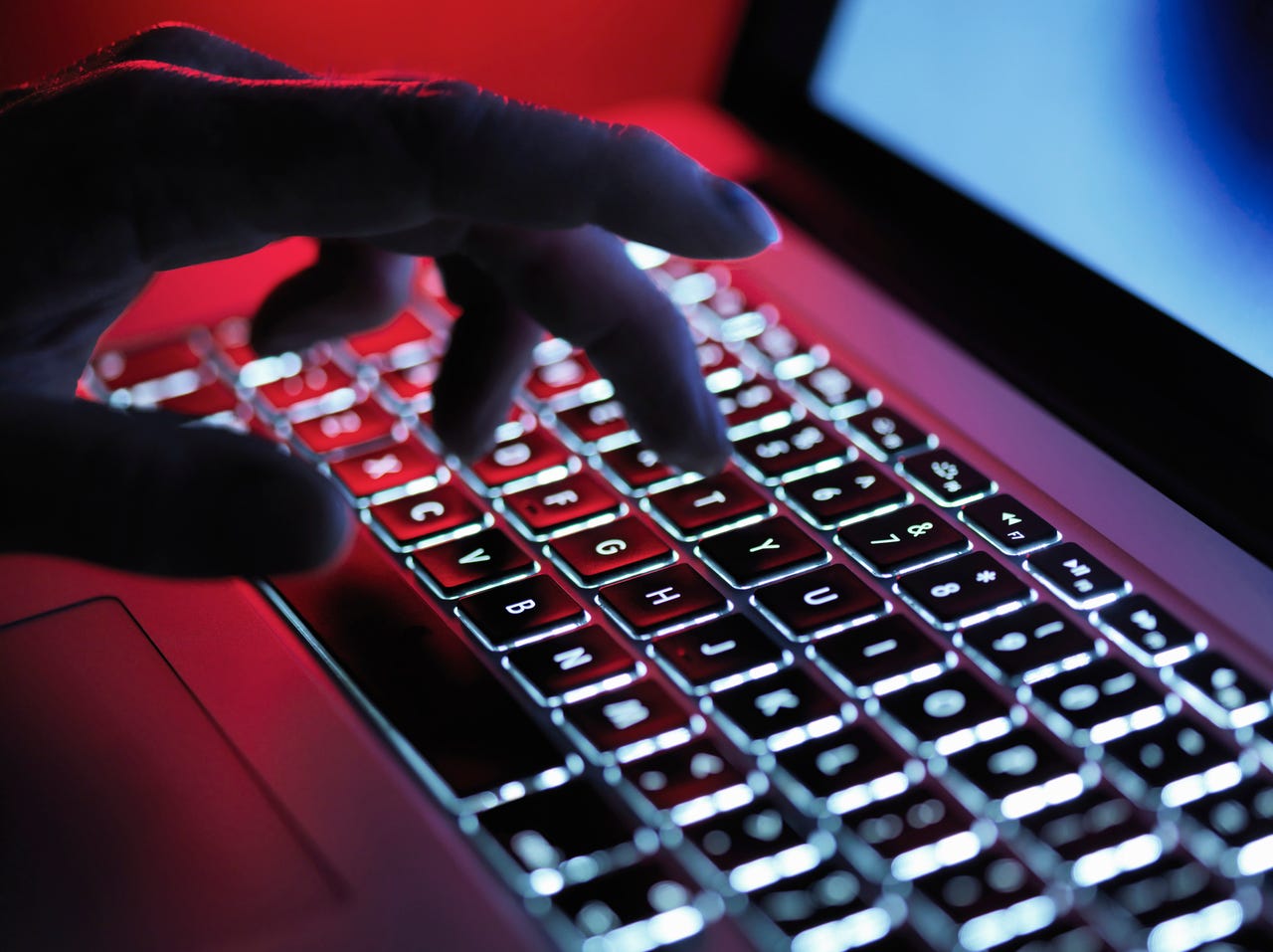Ransomware is a global problem and getting worse, says US


The White House has united dozens of nations and representatives from big tech companies for a two-day summit aimed at figuring out how to tackle the global ransomware problem.
"When you look at government networks, as we know – Costa Rica; Montenegro; Bank of Zambia; the city of Palermo, Italy – this is really a global problem. So, we're seeing the pace and the sophistication of the ransomware attacks increasing faster than our resilience and disruption efforts," said a senior administration official, noting there has been a wide range of attacks on the healthcare sector from the Irish National Health Service to US hospitals.
Cloud
Ransomware attacks are in the spotlight. In September, Los Angeles Unified, the second-largest school district in the US, was hit by ransomware.
Also: Ransomware: Not enough victims are reporting attacks, and that's a problem for everyone
According to the Associated Press, companies participating in the meeting include Crowdstrike, Mandiant, Cyber Threat Alliance, Microsoft, Cybersecurity Coalition, Palo Alto, Flexxon, SAP, the Institute for Security + Technology, Siemens, Internet 2.0, Tata – TCS, and Telefónica.
It's the second International Counter Ransomware Summit after last year's gathering to discuss ransomware. At least year's summit, the private sector was not invited. As the White House acknowledged, the private sector has insight into threats, actors, networks used, and mitigation strategies.
Also: These ransomware victims are making the highest ransom payments
"As we know, ransomware is an issue that knows no borders," said the official. "And it's only getting more challenging."
White House officials answered questions about Russia – not invited to the event but somewhere ransomware gangs have located themselves – but noted that the issue was "less about Russia and more about how we, as a set of countries, make it harder, costlier, and riskier for ransomware actors to operate."
The US links the rise of ransomware more closely with cryptocurrencies and said it's seen a "huge jump" in ransomware because money could move more fluidly across borders due to cryptocurrencies.
"It's a borderless threat, and we have to tackle it in a borderless way," White House officials said.
"We designated one of the largest crypto mixers that was responsible for a great deal of the money laundering, for example, of DPRK, North Korea-related funds," the White House official said.